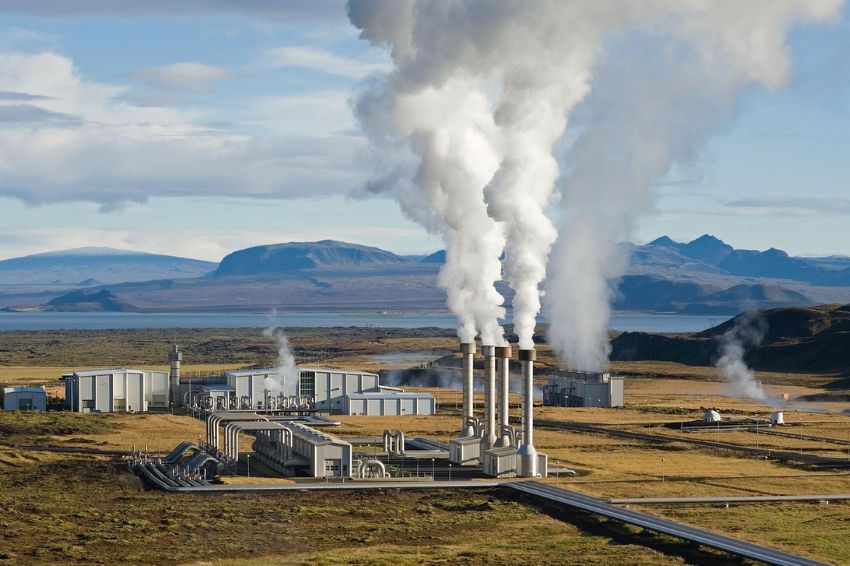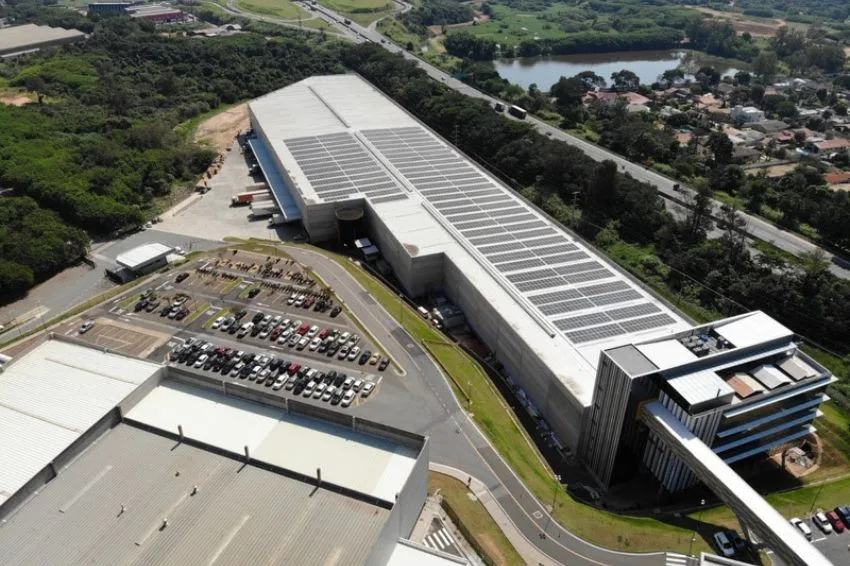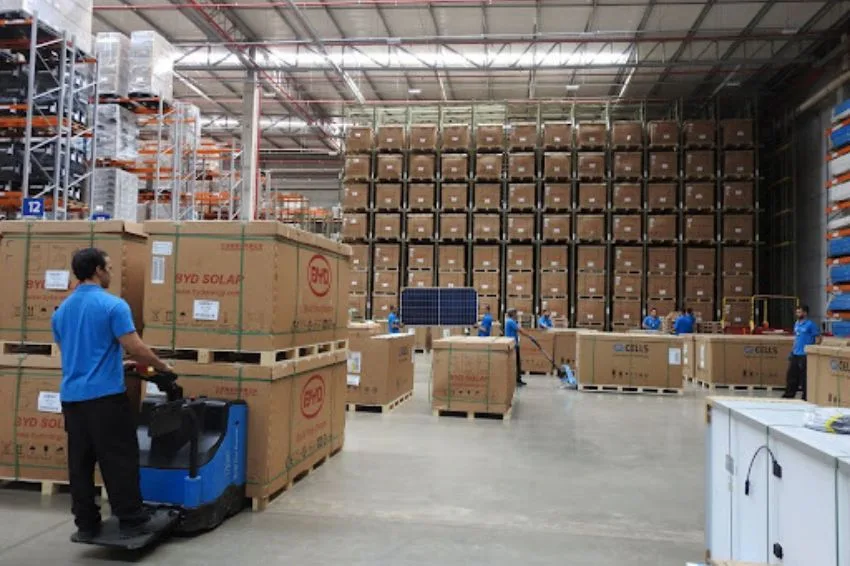A study published last week by Iema (Institute of Energy and Environment) reveals that in twenty years fossil thermal generation increased by 177% in Brazil, growing from 30.6 TWh in 2000 to 84.8 TWh in 2020.
According to the agency, greenhouse gas emissions in the electricity sector increased by 90% in the period.
The survey also highlights that eight of the ten thermoelectric plants in the country that emitted the most CO2 had coal as an energy source.
For Iema, the data raises an alert for national energy planning, where fossil fuel thermoelectric plants have gained space as immediate alternatives to the water crisis and the risk of energy rationing.
The numbers also indicate that Brazil has gone against what the main countries in the world predict: reducing emissions and achieving carbon neutrality by 2050 to contain the advances and consequences of global warming.
PDE 2031
In November last year, Brazil promised at COP-26 (United Nations Conference on Climate Change), alongside more than 40 countries, that would make a commitment to eliminate the use of coal power, one of the most polluting sources in the world.
However, in the new PDE (Ten-Year Energy Plan), launched in 2022, includes the mandatory contracting of 8 GW of thermoelectric generation in all regions of the country between the years 2026 and 2030.
The document also proposes the postponement of subsidies and the useful life of coal-fired plants until 2040, but does not foresee an expansion of generation from renewable sources, such as solar and wind, until the end of 2027.
















